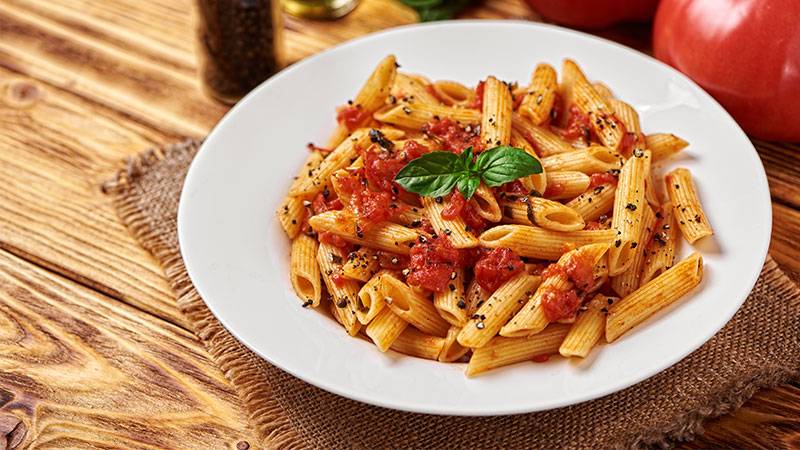As a dedicated food enthusiast and advocate for sustainable eating, I’ve often encountered the intriguing question: Is pasta vegan?
This simple query opens a world of culinary exploration, especially for those navigating the nuances of a vegan diet. Pasta, a staple in many kitchens, can be a grey area for vegans. It’s not just about the ingredients, but also about the ethics and sustainability of what we eat.
In this comprehensive guide, we’ll delve into the different types of pasta, their ingredients, and how to discern which are truly vegan. Join me on this delicious journey to discover the vegan status of one of the world’s most beloved foods.
Is Pasta Vegan?
Is pasta vegan? The short answer is: it depends. While many pastas, especially those made from simple ingredients like wheat, water, and salt, are inherently vegan, others, particularly fresh and specialty varieties, may contain eggs or dairy. This distinction is crucial for anyone following a plant-based diet or embracing a vegan lifestyle.
A common misconception is that all pasta is off-limits for vegans. However, the reality is far more encouraging. Many store-bought dried pastas are vegan-friendly, made with vegan pasta ingredients like durum wheat semolina, without any animal products. These are excellent choices for those committed to vegan nutrition and sustainable eating.
Another myth is that vegan pasta lacks the taste and texture of its traditional counterparts. On the contrary, eggless pasta options, including those made from whole grains or legumes, offer not only a vegan alternative but also a diverse range of flavors and textures.
They align well with the principles of vegan cooking, providing delicious and nutritious options for every palate.
Understanding the ingredients and production process of pasta is key for vegans. While navigating the pasta aisle, reading labels becomes an essential habit, ensuring that your pasta choice aligns with a vegan diet and lifestyle.
Which Types of Pasta Contain Eggs?
In the vast landscape of pasta varieties, it’s essential for vegans and those considering vegan-friendly diets to know which types commonly contain eggs. Eggs are used in pasta for several reasons, including enhancing texture, flavor, and color. Here’s a closer look at some common egg-containing pastas:
Fresh Pasta
Unlike its dried counterpart, fresh pasta, often found in Italian cuisine and gourmet stores, typically includes eggs. Eggs in fresh pasta add a tender texture and a rich, creamy flavor, making it a favorite in many traditional dishes.
Egg Noodles
These are prevalent in various cuisines, from Italian to Asian dishes. Egg noodles contain eggs, giving them a distinctive taste and a more pliable, softer texture compared to egg-free noodles.
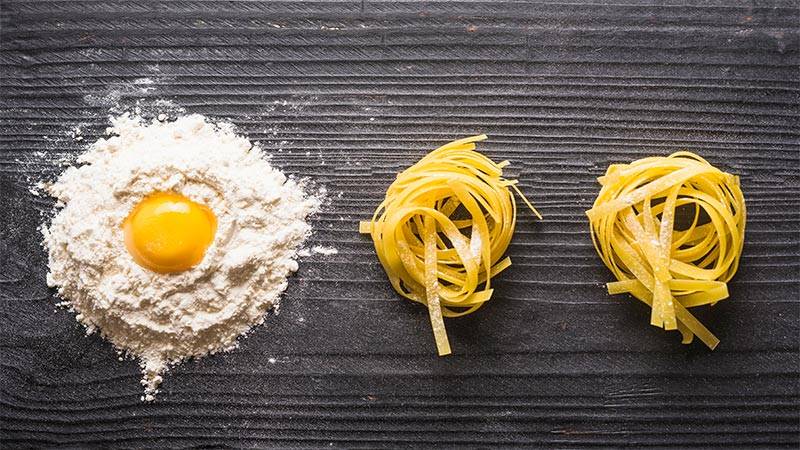
Stuffed Pasta
Varieties like ravioli, tortellini, and cannelloni often have eggs in both the pasta dough and their fillings. The eggs contribute to a delicate, silky texture and are a key component in achieving the creamy consistency of the fillings.
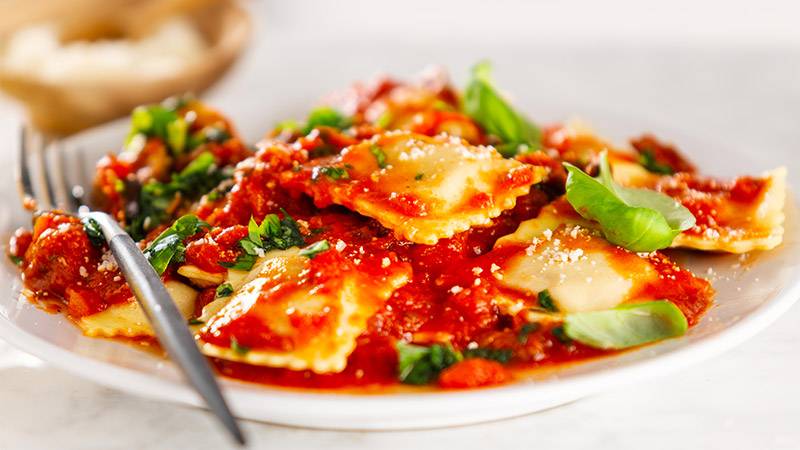
Gourmet and Specialty Pastas
Some specialty pastas, such as those infused with flavors or colors (like spinach or tomato pasta), may also include eggs. These are often used to enhance the pasta’s aesthetic appeal and add a subtle depth to the flavor.
Traditional Home Recipes
Many family recipes and homemade pasta variations incorporate eggs. The tradition stems from using eggs to enrich the pasta, giving it a luxurious, indulgent quality.
How to Tell if Pasta is Vegan
Navigating the pasta aisle as a vegan can be a bit of a challenge, but becoming adept at reading labels and understanding certain certifications can make this task much simpler. Here are key insights to help you quickly identify vegan-friendly pasta:
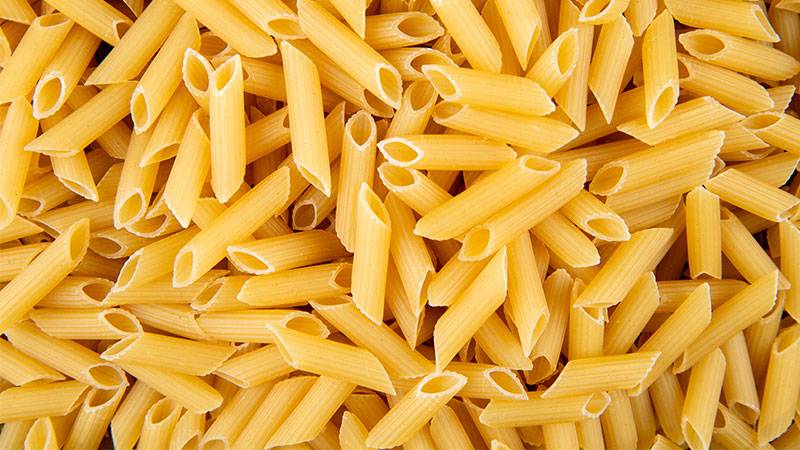
Ingredient List
The most straightforward indicator is the ingredient list. Traditional dried pasta is often vegan, usually made from simple ingredients like durum wheat semolina and water. Watch out for non-vegan ingredients like eggs, milk, and sometimes even hidden elements like dairy derivatives.
Certification Symbols
Look for certifications and symbols on packaging that indicate a product is vegan. These symbols are a quick and reliable way to ensure the pasta aligns with vegan standards. Common certifications include the Vegan Society’s sunflower symbol or the Certified Vegan logo.
Allergen Information
Allergen labeling can also be a helpful guide. Products containing eggs, a common allergen, must declare this on the label. While not all allergen-containing products are non-vegan, this can be a quick check for egg content in pasta.
E-numbers and Additives
Some pastas may contain additives or E-numbers derived from animal products. Familiarize yourself with common non-vegan additives to make more informed choices.
Brand Research
Some pasta brands are dedicated to vegan products, making them a safe choice. Doing a bit of research on vegan-friendly pasta brands can save time during shopping.
Fresh Pasta Caution
Be extra cautious with fresh pasta, as it is more likely to contain eggs compared to dried pasta. If in doubt, opt for clearly labeled vegan fresh pasta varieties or make your own.
Online Resources and Apps
Utilize online resources and smartphone apps designed to identify vegan products. These can be incredibly helpful when you’re unsure about certain ingredients or brands.

Read More:
Pasta Ingredients That Are Not Vegan
When choosing pasta for a vegan diet, awareness of certain non-vegan ingredients is crucial. Here’s a list of common culprits to avoid:
Eggs
Often found in fresh pasta and some dried varieties, particularly in egg noodles and stuffed pastas like ravioli.

Dairy Products
Ingredients like milk or cheese can be present in flavored or stuffed pastas.
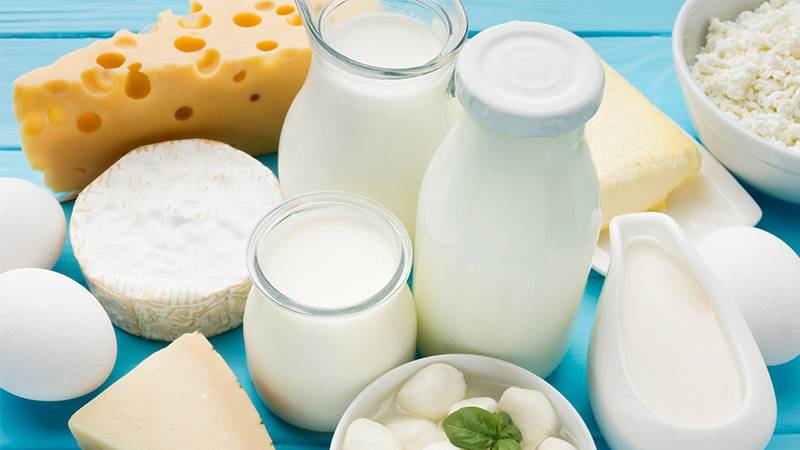
Honey
Honey is occasionally used as a sweetener in some flavored pasta varieties.

Casein
A milk protein that might be present in some processed pastas.
L-cysteine
An amino acid sometimes derived from feathers or hair, used in some commercial pasta products for dough conditioning.
Pasta Ingredients That Are Vegan
Embracing a vegan diet doesn’t mean compromising on the variety or flavor of pasta. In fact, many pastas are crafted from naturally vegan-friendly ingredients. Here’s a list of common components found in vegan pasta:
Durum Wheat Semolina
The backbone of most traditional pasta, offering a firm texture and a subtle, nutty flavor.
Whole Wheat
Adds a robust, earthy flavor and extra fiber.
Legume Flours
Such as chickpea, lentil, or black bean flour, providing a protein-rich and gluten-free option.
Rice Flour
Often used in gluten-free pastas, offering a lighter texture.
Vegetable Purees
For naturally colored and flavored pasta, such as spinach, beet, or carrot.
Quinoa Flour
A protein-packed, nutritious alternative to traditional wheat pasta.
Water and Olive Oil
Common ingredients in fresh vegan pasta for moisture and richness.
How to Make Fresh Pasta at Home Without Eggs
Creating your own fresh pasta at home can be a delightful and rewarding part of a vegan lifestyle. Here’s a simple and customizable recipe for egg-free pasta that you can experiment with:
Ingredients
- 2 cups of durum wheat semolina or whole wheat flour (for a heartier texture)
- 1/2 to 3/4 cup of water (adjust as needed)
- 2 tablespoons of olive oil
- A pinch of salt
Method
1. Mix the Ingredients
In a large bowl, combine the flour and salt. Make a well in the center and pour in the olive oil and half of the water. Gradually mix the flour into the liquid from the center outwards, adding more water as needed to form a firm dough.
2. Knead the Dough
Turn the dough onto a lightly floured surface. Knead for about 8-10 minutes, until it’s smooth and elastic. If the dough is too dry, add a little more water; if too sticky, a bit more flour.
3. Rest the Dough
Wrap the dough in cling film and let it rest for at least 30 minutes at room temperature. This step helps in developing the texture.
4. Roll and Shape
Divide the dough into four portions. Roll each out to your desired thickness, then cut into your preferred pasta shape – be it fettuccine, tagliatelle, or lasagna sheets. For stuffed pasta like ravioli, keep the sheets slightly thicker.
5. Cook the Pasta
Bring a large pot of salted water to a boil. Cook the pasta for 2-4 minutes, until it floats to the surface and is al dente.
This basic vegan pasta dough is a canvas for your creativity. Experiment with adding vegetable purees for color and flavor, or incorporate herbs and spices.
You can also try different flours like chickpea or lentil for a protein-packed, gluten-free alternative.
The joy of homemade vegan pasta is in its versatility, aligning perfectly with a plant-based diet and the principles of sustainable eating. Enjoy crafting your own fresh, egg-free pasta and relish the endless possibilities it brings to your vegan kitchen!
Is Pasta Sauce Vegan?
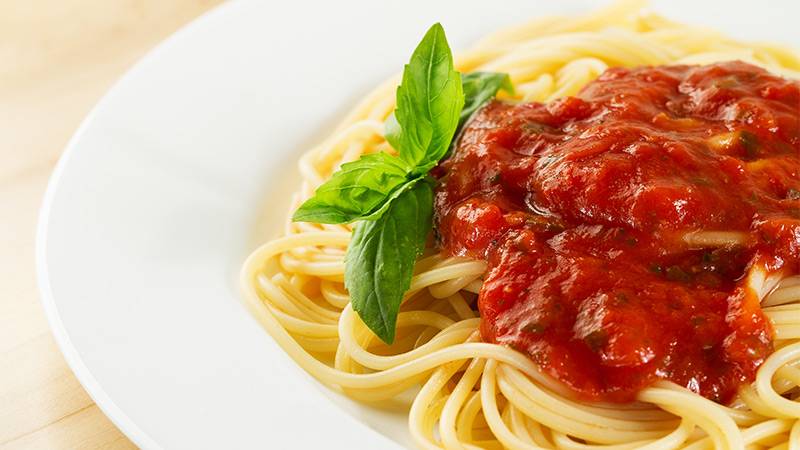
While pasta itself often navigates the boundaries of veganism, pasta sauce is another key element where hidden animal-derived ingredients can lurk. Here’s what to look out for in pasta sauces, along with some vegan-friendly alternatives:
Non-Vegan Ingredients Commonly Found in Pasta Sauces
- Meat and Meat Broths: Used for flavor in many traditional sauces.
- Cheese and Cream: Common in creamy sauces like Alfredo.
- Butter: Often used as a base in richer sauces.
- Anchovies: Sometimes hidden in tomato-based sauces for added umami.
Vegan Alternatives and Suggestions
- Tomato-Based Sauces: Many marinara sauces are naturally vegan, made with tomatoes, garlic, herbs, and olive oil.
- Vegan Cream Sauces: Cashew cream or coconut milk can substitute dairy in creamy sauces.
- Pesto: Traditional pesto contains cheese, but you can make a vegan version with nutritional yeast and plant-based oils.
- Homemade Options: Creating sauces from scratch lets you control the ingredients, ensuring they align with vegan standards.
5 Vegan Pasta Brands
Barilla
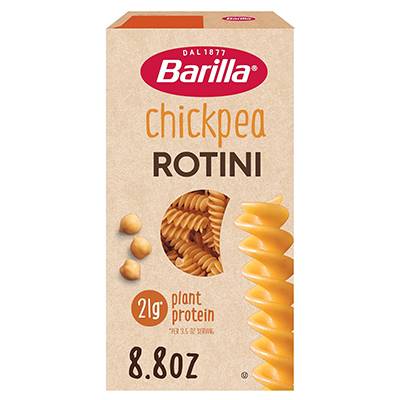
Many of Barilla’s pasta products are vegan as they are made from ingredients like durum wheat semolina and water, without animal products like eggs or dairy.
This includes their classic line of pasta like spaghetti, penne, and rotini, among others.
However, it’s always important to check the specific product’s label or the company’s website for the most up-to-date information, especially for flavored or specialty pastas which may have different ingredients.
Also, keep in mind that while the pasta itself may be vegan, some of Barilla’s prepared pasta sauces might contain non-vegan ingredients.
De Cecco
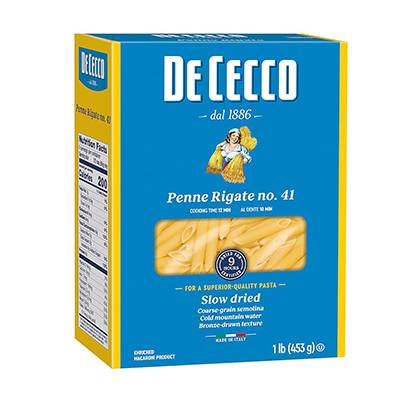
De Cecco pasta, like many other traditional dried pasta brands, is generally vegan. Their classic pasta varieties are typically made from just two ingredients: durum wheat semolina and water, both of which are plant-based and suitable for a vegan diet.
Banza
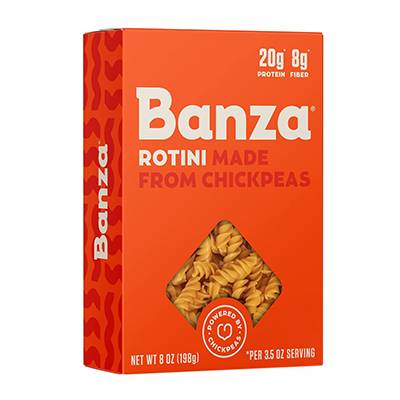
Banza chickpea pasta is indeed vegan. Banza’s pasta products are primarily made from chickpeas along with other plant-based ingredients such as tapioca, pea protein, and xanthan gum.
These ingredients are all vegan-friendly, as they do not come from animal sources.
Chickpea pasta like Banza’s is a popular choice for those on a vegan diet because it offers a high-protein, gluten-free alternative to traditional wheat-based pasta. It’s also favored for its nutritional profile, providing more fiber and protein compared to regular pasta.
Mueller's
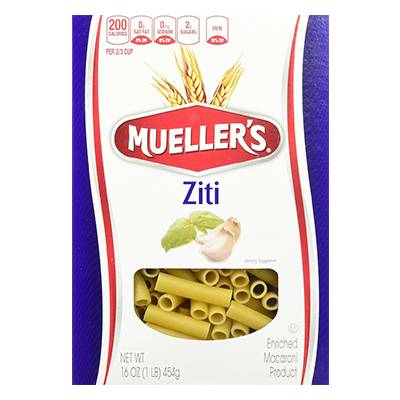
Mueller’s traditional pasta products are generally vegan. They are typically made from simple ingredients like durum wheat semolina and water, which are plant-based and suitable for a vegan diet. This includes their standard varieties of pasta such as spaghetti, penne, and elbow macaroni.
Colavita
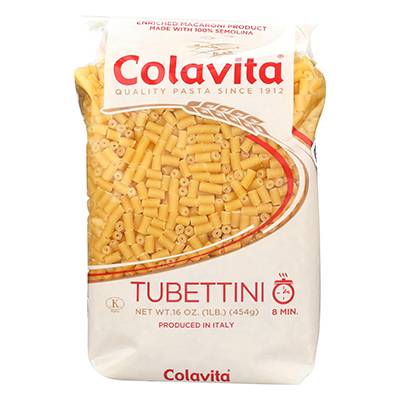
Colavita pasta is generally vegan. Like many traditional pasta brands, their standard pasta varieties are made from simple, plant-based ingredients, primarily durum wheat semolina and water. These ingredients are suitable for a vegan diet as they do not include animal-derived products like eggs or dairy.
Conclusion
In conclusion, navigating the world of pasta as a vegan isn’t as daunting as it may seem. With a wide array of vegan-friendly options available, from traditional durum wheat pastas to innovative legume-based varieties, there’s something for every palate.
Remember to read labels carefully, explore various brands, and don’t hesitate to experiment with making your own pasta at home.
Embracing a vegan lifestyle can be a delicious journey filled with culinary discoveries. So, go ahead, indulge in your pasta love, and continue exploring the wonderful, diverse world of vegan eating. Share your favorite vegan pasta recipes and discoveries in the comments below!

